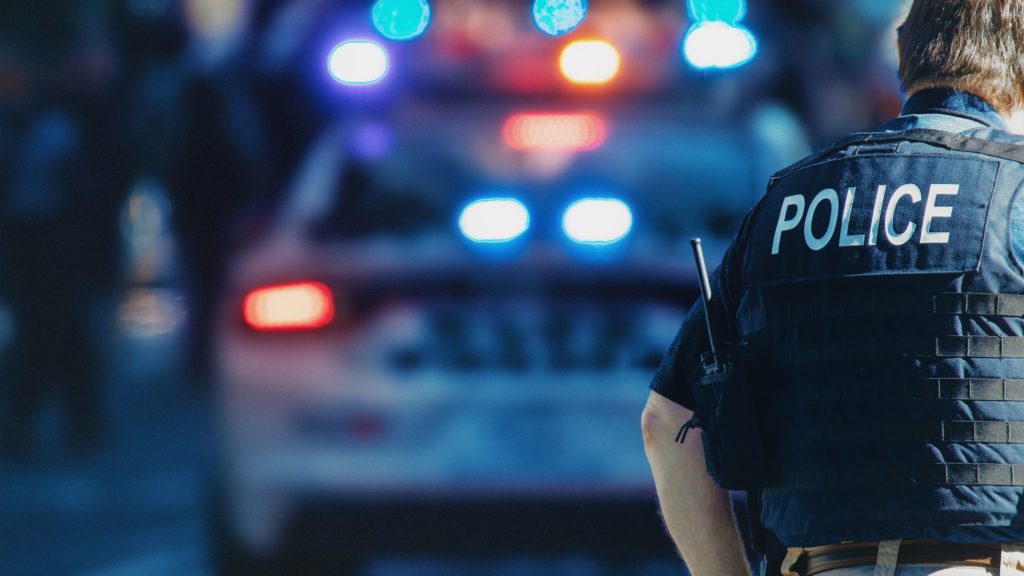Apr 5, 2022 3 Reasons Why Mental Health of Police Needs to be a Priority

The mental health of law enforcement officers has long been overlooked. Statistics continue to reinforce this fact, painting a grim picture of the current state of those who have sworn to protect and serve entire communities
A recent article from Walden University dove into why the mental health of our police forces needs to be a top priority of the local communities they’re serving.
Below is an excerpt from that article.
Most law enforcement officers do not seek care for mental health issues.
The stigmatization is a major factor that prevents police officers from getting help. In an anonymous survey of more than 400 Dallas Police Department personnel, four primary barriers were identified:
- Inability of police officers to recognize when they are experiencing a mental health issue
- Concerns regarding confidentiality
- Belief that mental health professionals cannot relate to those working in law enforcement jobs
- The notion that those who seek services are unfit to serve as officers in the criminal justice system
Consequently, less than 20% of police officers with confirmed mental health issues had sought services in the previous year.
More police officers die by suicide than in the line of duty.
The suicide rate for law enforcement officers is one of the most alarming statistics published by NAMI. Not only do more police officers die by suicide than they do in the line of duty, but this rate increases to over three times the national average for those serving in the smallest departments. And when compared with firefighters, the suicide rate for police officers was four times higher.
Productivity is negatively affected by poor mental health.
Completing required tasks is vital to effectively serving in any role, whether within the criminal justice system or beyond. However, the job functions of police officers are critical to public safety. Duties include enforcing local and state laws, preparing for disaster and/or emergency situations, acting as a criminal investigator, giving court testimonies, and carrying out various methods of crime prevention.
» ALSO SEE: 3 Tips for Incorporating a Tactical Diet
When the productivity of a police officer drops—often caused by mental strain—the public at large is put at risk.
To read the full article from Walden University, click here.



